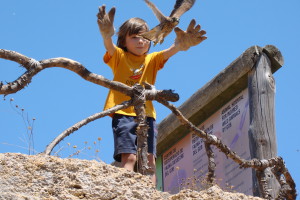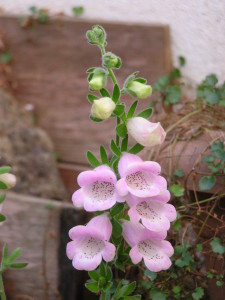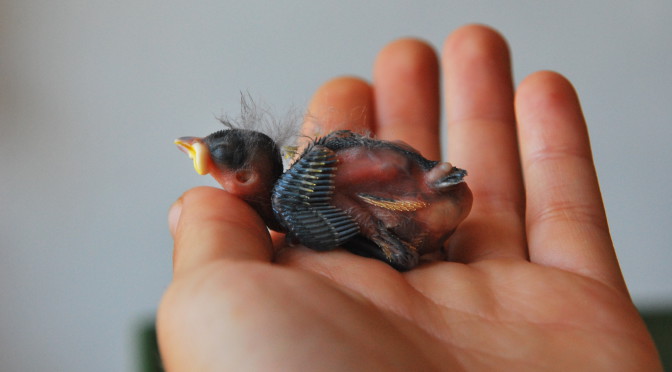Views: 2243
Dealing with Biodiversity
Nature is the source of our well being. It provides us with food as well as energy and other natural resources. However, some human activities cause enormous negative impacts on our environment. Even small actions such as the use of indigenous plants in our gardens and respecting wild animals help us to keep an equilibrium in biodiversity.
We live together on the planet, and, on our island, with many different species of plants and animals, resulting from thousands of years of evolution. Between them they shape the countryside and ecosystems in which they live and are the basis of our economy.
The over use of the countryside for building and infrastructures, the introduction of invasive species, the over exploitation of the aquifers, the contaminated wastes, in short, many human activities provoke the degradation of natural habitats and endanger indigenous species.
Our work is to influence the preservation of the countryside and its ecosystems, as well as the conservation of different species. The Campaigns for the Protection of the Countryside or the Land Stewardship Agreements are examples. But, also, projects are carried out dealing more directly with preservation of animals and plant species such as at the Recuperation Centre for wild animals and at the Es Viver garden centre for indigenous plants.
Injured Wild Animals
 With reference to fauna, we have been working for the recuperation of injured wild animals since 1997 thanks to volunteers and the help of the veterinary clinic of Jaume Pons. During these years, we have dealt with more than 15,000 animals. In 2013 alone there were 801 animals in need of assistance of which 264 were indigenous, 510 Mediterranean tortoises coming from captivity and 27 exotic animals with the potential to be invasive. 48% of these animals needing help have recovered.
With reference to fauna, we have been working for the recuperation of injured wild animals since 1997 thanks to volunteers and the help of the veterinary clinic of Jaume Pons. During these years, we have dealt with more than 15,000 animals. In 2013 alone there were 801 animals in need of assistance of which 264 were indigenous, 510 Mediterranean tortoises coming from captivity and 27 exotic animals with the potential to be invasive. 48% of these animals needing help have recovered.
The majority of animals that enter the Centre are as a consequence of human activity: road collisions, housing development, destruction of nests, attacks on domestic animals, etc., and which we try to relieve in the best possible way. In addition, many of the animals taken in belong to protected species and are especially vulnerable and very relevant for the ecosystems so need to have particular protection.
The Recuperation Centre was opened to the public for the first time during the summer of 2013, and visitors were able to appreciate from close up some of the wild species of Menorca and to know the problems which affect them. The opening of the Centre has been possible thanks to the inestimable work of volunteers for adapting the facilities.
Indigenous plants
 In turn, from Es Viver the garden centre, we work principally in the sphere of sustainable gardening, encouraging the use of indigenous plants. In addition, we do landscaping of public and private spaces, with the aim of making the areas more sustainable, with little maintenance cost and little water consumption. In this way we also aim to stop the introduction of invasive species and new plagues and to contribute to the maintenance of biodiversity.
In turn, from Es Viver the garden centre, we work principally in the sphere of sustainable gardening, encouraging the use of indigenous plants. In addition, we do landscaping of public and private spaces, with the aim of making the areas more sustainable, with little maintenance cost and little water consumption. In this way we also aim to stop the introduction of invasive species and new plagues and to contribute to the maintenance of biodiversity.
A new initiative this year, in Es Viver garden centre, is a line of work for the production and sale of kitchen garden plants of local varieties. These are part of the preservation of a cultural and genetic inheritance having a considerable economic potential and we offer them to the public in order that they do not die out.
Those interested can find at the garden centre, seeds, plants and other materials to create an ecological garden adapted to Menorcan characteristics as well as maintenance contract services. We offer to businesses and public institutions bespoke services for the creation of gardens or changing areas into gardens, as well as producing plants for various purposes.
The so called green filters are another of the innovative products of Es Viver garden centre. They are a system of aquatic plants for the purification of waste water. These filters are used to try to reduce the problem of waste water contaminating the aquifers in urbanizations on the island not connected to the main drains.
Es Viver is open to the public: every Friday and Saturday you can come for more information on wild plants for traditional use for cultivated or kitchen gardens according to your requirements.

